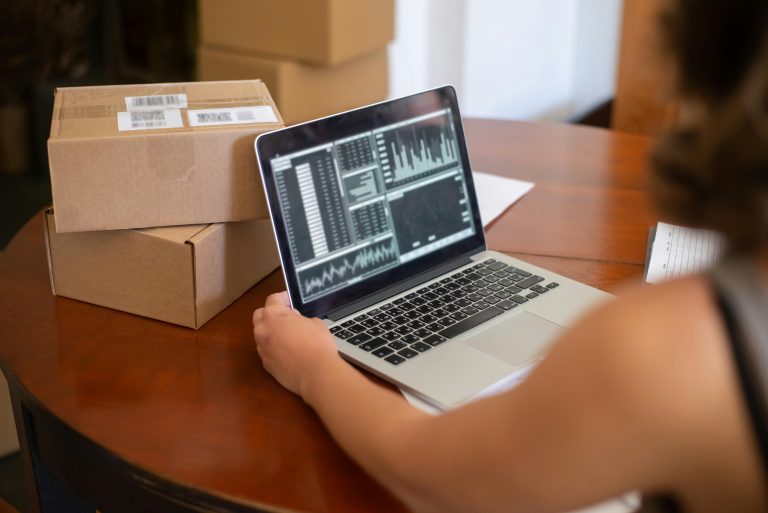
Biomedical refrigerators and freezers are designed specifically to store medical samples such as vaccines and medicines, chemicals, blood and blood products. A biomedical freezer can be found in hospitals, research labs, pharmacies and more.
A biomedical refrigerator differs from a commercial fridge or freezer by offering options for different needs. A medical grade freezer might require temperatures to be around -90 degrees Fahrenheit. This temperature would be good for laboratories to store samples.
Vaccines have saved countless lives since their inception. Measles, polio, smallpox, and whooping cough no longer hold the death toll as the did before the vaccine to treat them came out. While vaccines themselves have been around for over 300 years, large-scale production of vaccines came out in the 1940’s. The large-scale production has saved countless lives and people around the world depend on them to keep their loved ones as well as themselves safe from preventable deaths.
Those who are doing work with vaccines will greatly benefit from a biomedical refrigerator. Since household refrigerators are less likely to handle the temperatures needed to store and protect the vaccine (typically -58 degrees Fahrenheit and 5 degrees), having a stand alone vaccine freezer will greatly benefit any medical workplace. Many biomedical refrigerators will also have a glass window at the front. This makes locating the items easier which means that the door will remain open less and the temperature will go back to its desired state sooner.
The alarm system on the biomedical refrigerators are ideal for vaccine storage refrigerators. These alarms go off when the doors open and close, and monitor the temperature so that a drastic change does not go unnoticed.
While a biomedical refrigerator is a powerful tool to have, it’s important to follow a few guidelines to store vaccines according to CDC standards. Make sure to set the biomedical refrigerator at the ideal temperature, record daily temperatures at the start of each workday, and check temperature whenever you access the refrigerator and take action if the temperature is out of range.
Since there is a higher demand for blood transfusions and vaccines than ever before, an investment in a biomedical fridge will help labs and the medical field reach the demand without compromising the integrity of the blood or vaccine. It’s incredibly important to keep these life-saving vaccines safe so that people around the world can live long and happy lives. Investing in a biomedical refrigerator is one way to ensure that process keeps happening.






